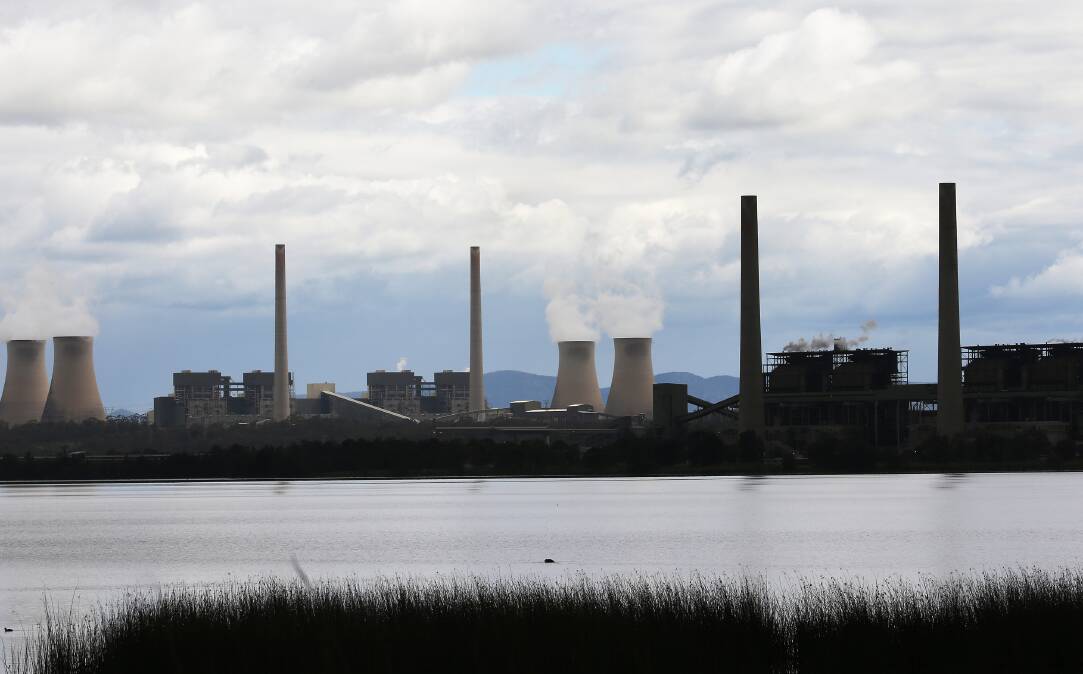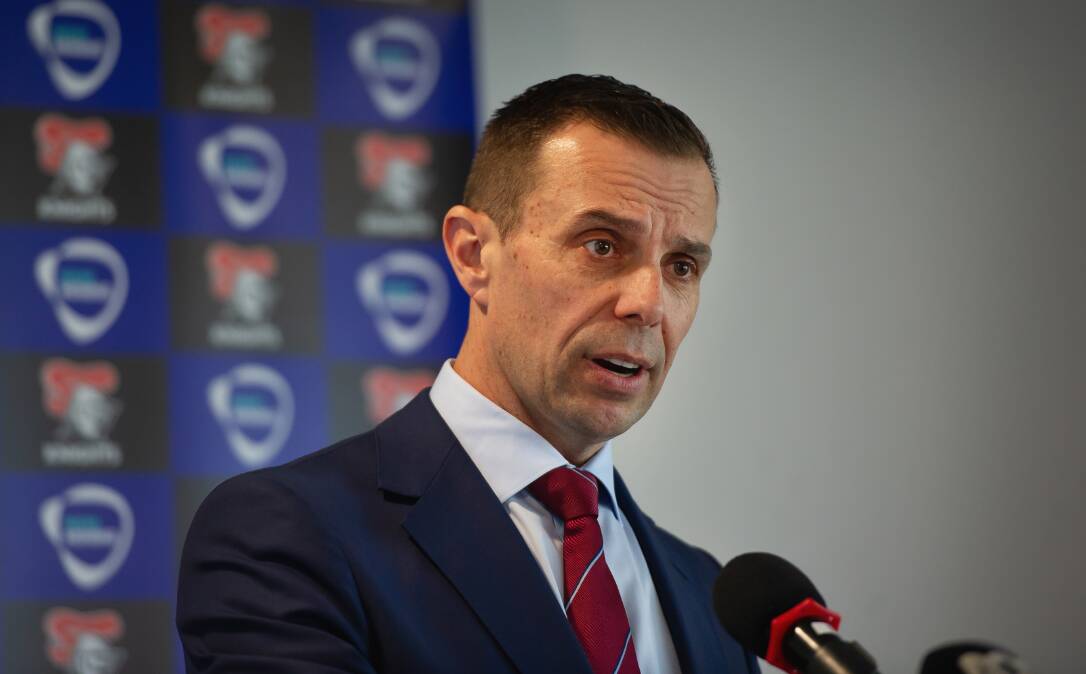
THE NSW Minerals Council has questioned how the rise in power bills can be blamed on coal costs after revelations that power station operator AGL has been paying a reported $33 a tonne for most of its coal.
AGL, which runs Liddell and Bayswater power stations in the Hunter and Loy Yang in Victoria, had a hard day on the stockmarket yesterday, with its share price falling 89 cents to $7.12 after reporting a statutory half-year loss of almost $1.1 billion despite a 36.7 per cent rise in revenues to more than $7.8 billion.
In its half-yearly report made public early yesterday, AGL included rising coal prices as one of the reasons that wholesale electricity prices were higher.
But elsewhere in the report, it confirmed that total coal costs of $339 million were up by 6.6 per cent. It paid $17 million for coal from the Mangoola mine, at higher spot prices, but this cost was partly offset by buying coal on "legacy contracts" of a "lower cost".
Gas prices were up 15.8 per cent, but the total costs were only $88 million.
Operationally, the three coal-fired power stations lost $228 million over the six months to December 31, and its gas generators lost $19 million. It made $658 from selling electricity in an overall pre-tax earnings result of $576 million.
The Albanese government intervened last year by capping domestic coal at $125 a tonne. In a linked move, the Perrottet government passed laws directing the NSW coal industry to stockpile up to 10 per cent of its output for domestic power stations.
Coal contracts are usually kept confidential but the Australian Financial Review used data from US miner Peabody - owner of the Wilpinjong mine supplying Bayswater and Liddell - to say that AGL was paying just $33 a tonne for its coal.
Minerals Council CEO Stephen Galilee said after the AGL results that "we've consistently maintained that a price cap on coal will have little or no downward impact on electricity prices".
"So far no modelling or data has been released to prove otherwise, despite our calls for it to be made publicly available," Mr Galilee said.
"Last week Origin Energy upgraded its forward revenue forecasts, and now AGL have reported their coal costs last year increased at below the rate of inflation.
"Under these circumstances it's entirely understandable that there would be a high level of concern about the influence of the generators on higher power prices, and the potential for them to use the coal price cap to maximise their profits."
Elsewhere, two Australian coal ships have arrived in China, indicating the ban on Australian coal - introduced after the Coalition called for an inquiry into COVID's origins - has ended.

To see more stories and read today's paper download the Newcastle Herald news app here.







